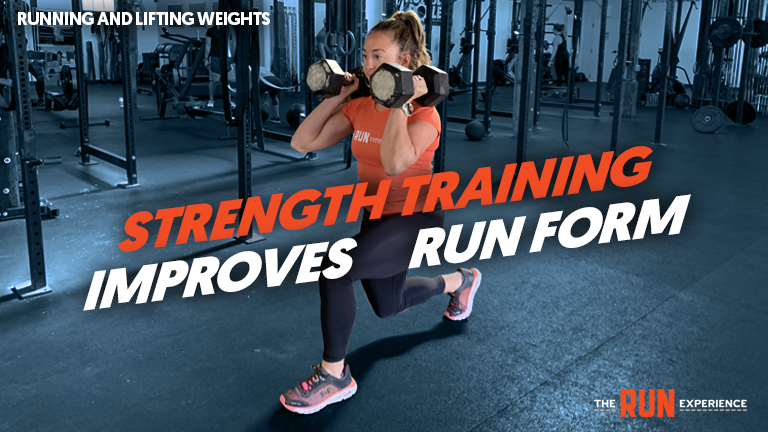
You can become a sports medicine assistant if you are interested in working in sports medicine. There are several advantages of becoming this type of medical assistant. No matter what medical training you received, there are steps you can take to ensure you get a great start in this field.
Be a sports medicine assistant
If you are passionate about helping athletes, a career as a sport medicine assistant can be a great choice. Many athletes will sustain injuries during their careers. If you were an athlete, you may be familiar with the effects of injuries on the body. This could make you a good candidate to become a sports medicine assistant. You have many options when you become a sports medicine assistant.
A degree is in sports medicine will combine theoretical knowledge and practical laboratory experience. The course can help you evaluate injuries and manage them. You will gain the knowledge necessary to become an athlete trainer by taking a course in sports medicine. You will also have the ability to coach and personal train athletes.

This career path will offer you a wide range of job opportunities in many medical settings. You will have the opportunity to train athletes, treat injuries, and even work alongside orthopedists, who specialize in musculoskeletal injuries. You'll also be exposed to many different types of clients, including athletes and people from all walks of life.
A bachelor's degree is the minimum requirement for this job, but some positions may require a master's. Your specialty can lead you to work as an athlete, recreational therapist, or exercise physiologist.
You can become a sport medicine assistant
A certified medical assistant (CMA), is a great option if you're interested in a career in sport medicine. CMAs provide medical care and are qualified to diagnose and treat injuries to muscles, tendons, and other parts of the body. Sports medicine is a rewarding field that can offer many opportunities. For example, you can work as a trainer or consult with athletes of all levels. Another option is to work as a team physician in sports injury management.
Sports medicine will require that you have compassion and empathy for patients if you want to pursue a career. Empathy for patients' needs is key to fostering trust and providing high-quality patient care. To be able to empathize with patients' concerns and goals, you must also possess excellent communication skills. These skills will enable your team to work effectively together and allow you stay up-to-date on the latest discoveries. These skills will be developed as part your sports medicine degree program.

Once you've completed a program in sports medicine, you need to pass PANCE (Physician Assistant Network Certifying Exam). This will allow you to become a certified sports medicine physician assistant. Your certification will need to be renewed every six-years. You'll be able to gain valuable, hands-on experience through clinical rotations.
FAQ
Can I exercise after eating?
It all depends on which type of exercise you are performing. Avoid doing strenuous activity after eating, as it can cause stomach cramps. Focus on light aerobic activities such as biking or brisk walking.
What are Cardio Exercises?
Cardiovascular exercise is any activity that requires your heart and lung to work harder than normal. Examples include jogging, swimming, bicycling, rowing, and dancing. These activities are great for burning fat and increasing metabolism. They can also help you stay fit by strengthening your heart and lungs.
Do I need warmth before I exercise?
Warming up before an activity can reduce muscle soreness, improve performance, and help to prevent injury. There are many methods you can use to warm up, including running, jumping rope and stretching. Begin slowly, and then increase the intensity.
Statistics
- Physical activity confers the following maternal and fetal health benefits: a decreased risk of pre-eclampsia, gestational hypertension, gestational diabetes (for example, 30% reduction in risk) (who.int)
- An estimated 110,000 deaths per year could be prevented (cdc.gov)
- Globally, 28% of adults aged 18 and over were not active enough in 2016 (men 23% and women 32%). (who.int)
- In 2018, the World Health Assembly agreed on a global target to reduce physical inactivity by 15% by 2030 and align with the Sustainable Development Goals. (who.int)
External Links
How To
How to Stay Fit at 40
This article is for those who want their body to be strong and healthy even after they turn 40. It covers some basic advice on how to eat right, exercise, sleep well and take care of your mental health. This article offers tips for living longer and more healthy lives.
-
Healthy eating habits are key to staying fit. You should avoid processed foods products and opt to eat whole grains, fruits, vegetables and lean meats, fish and nuts as well as beans, seeds, nuts and seeds. Don't be afraid to change your diet if the food you are eating is not what you prefer. This will not help you lose weight. Instead, start adding small amounts of new things into your daily meals. You might try turkey if you don't eat chicken breast often. Try rice occasionally if pasta is your favorite food. These foods should be a part of your daily life.
-
Exercise - Workout at least 3 times per week. Include cardio activities such walking, running swimming biking, cycling, and dancing. Get enough sleep. Aim to sleep 8 hours per night. In addition, make sure you drink plenty of water during the day. Every day, aim to drink at least 2 liters (0.5 gal) of water.
-
Get enough sleep to stay healthy. The National Sleep Foundation estimates that adults need to get 7-8 hours sleep each night to achieve optimal physical and psychological health. However, most people average less than 6 hours of sleep per night. Try making changes to your sleeping schedule if you feel constantly tired. You can catch more sleep by changing your sleeping schedule so that you go to bed earlier or wake up later. Also, you might want to turn off your phone before bed in order to relax and wind down. Avoid caffeine after noon to avoid insomnia.
-
Take care of your mental well-being - It's important to take good care your mind and keep your body in tip top shape. Stress can lead people to have poor eating habits or make poor lifestyle choices. You should practice stress management techniques, such as yoga, meditation, breathing exercises, or relaxation. Try to spend one hour of your free time doing something enjoyable. You can do this by going for a walk or reading, playing sports, listening to music, or watching TV.
These four steps will ensure you live longer. These simple steps will allow you to reach your fitness goals.